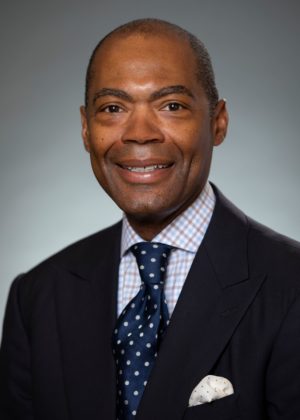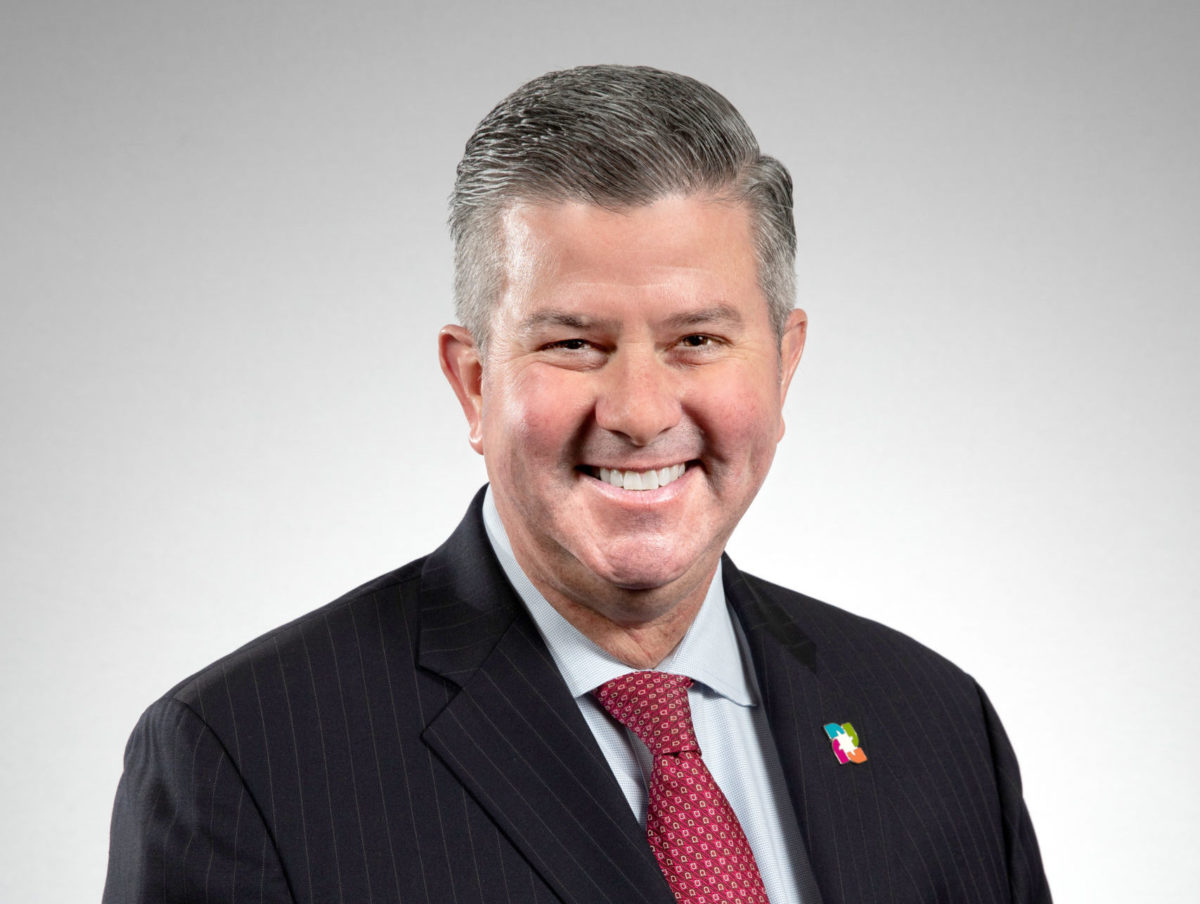
Keith Churchwell, M.D., president
(also executive vice president, Yale New Haven Health)
(part of Yale New Haven Health)
20 York St., New Haven
203-688-4242
What was your path to becoming a hospital president?
“I”™ve always considered my path in leadership akin to one of the circuitous city roads in San Francisco. There is a path, but it has not always been straight. It has always included a number of twists and turns, but the journey has been both interesting and fulfilling. I started my career after a cardiology/nuclear cardiology fellowship in private practice cardiology, but in partnership with Vanderbilt University School of Medicine, I developed a hybrid model of clinical and academic practice that created a heart and vascular institute for the medical center. With this work, I took on a number of leadership roles, helping to develop programs and initiatives that ultimately led to a full-time faculty position in cardiovascular medicine and an executive leadership position at the Vanderbilt Heart and Vascular Institute. Over the past seven years, I have worked at Yale New Haven Health (YNHHS) in a number of roles that led to my current position as executive vice president for the health system and president of Yale New Haven Hospital.”
What makes Yale New Haven Hospital distinctive?
“Yale New Haven Hospital is part of a unique group of hospitals in this country ”“ an academic/clinical institution in an urban setting that also serves as the community hospital for the city and surrounding region. We provide care to everyone, regardless of their ability to pay. Our mission is manifold ”“ training the next generation of leaders in academic and clinical medicine for the region and nation, utilizing our resources to help evaluate and establish the new and best lines of research and therapies for our patients and providing the longitudinal care for the general population of patients that we serve.”
What are its specialties?
“We offer pretty much every subspecialty there is. We are everything from the largest birthing center in the state to its largest heart, kidney and liver transplantation program. We have representation in all of the major domains for specialty surgical and medical care.”
Increasingly, hospitals are becoming part of health-care systems. What are the advantages of such networks?
“I think most if not all hospital systems”¦are working to evolve a true system of care for the populations that they serve. Also important, increase in scale can and should lead to a decrease in costs to our patients. We have worked actively and continue to work on developing a true system of care across our system. Our objective is to provide the right place for patients at the right time to maximize their best medical and surgical outcome. We are working to remove redundancy and have clear, thorough communication on information and plans of care. The investment in and implementation of one common EMR (electronic medical record) ensures that information that is needed to affect the best outcome for patients is readily available and should help drive down the costs of care. We believe in delivering the greatest amount of care locally with the investment in skills and capabilities but having high tertiary and quaternary care available at the highest skill level for those across our network who need this expertise. All of us across Yale New Haven Health are aligned in these goals. How we”™ve been able to continue to treat patients in the state of Connecticut during this pandemic with remarkable ongoing care is a prime example of this work.”
What do you see in the future for Yale New Haven Hospital?
“Keeping abreast with new developments for the care of our patients will need significant investments in both inpatient and ambulatory spaces. We have restarted the construction of our Neuroscience Center of Excellence on the Saint Raphael”™s Campus of Yale New Haven Hospital. This largest project of its kind in the state will provide two new patient facilities, additional medical and surgical beds and innovative care for patients with neurological issues from movement disorders to neuroregeneration. This is just one example of a large investment we are committed to make in buildings and space. An even more important part in our future is the investment in our people. It is critical for us to make the investment in time, professional development and wages that are competitive to the market, which should lead to their believing this is the only place they should work. This will then lead to the stabilization and growth of our workforce, which is needed to take care of a growing and aging population. We are weathering the present storm of this pandemic and will emerge from it smarter, more agile in adapting to change and having an even deeper belief in the vision, mission and values of YNHH and of our health system.”
For more, visit ynhh.org.




















